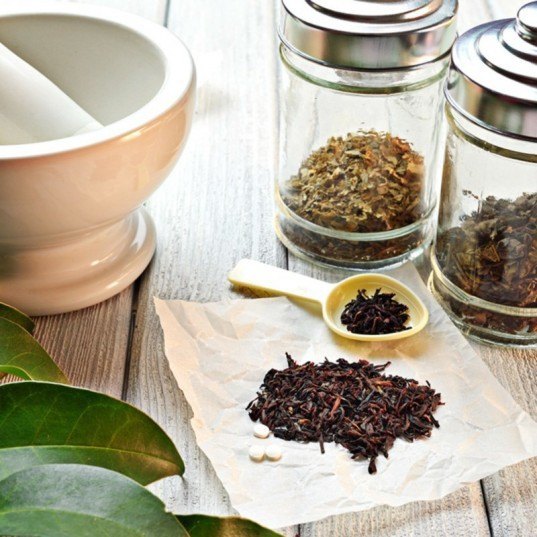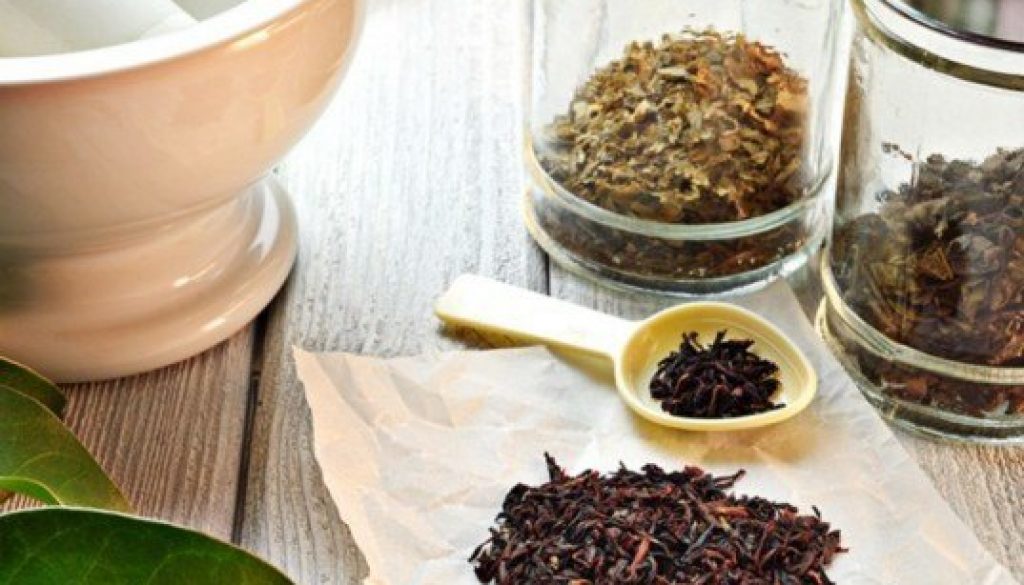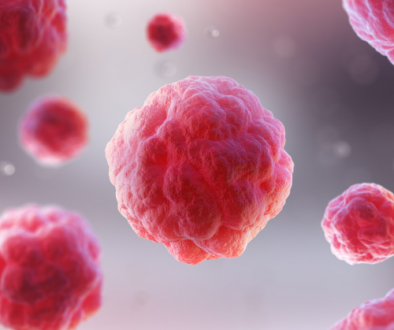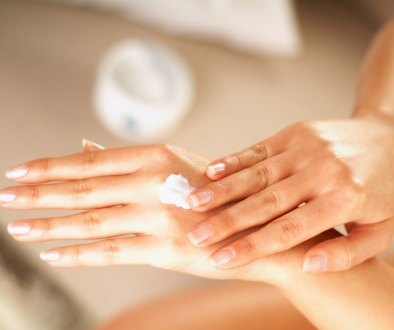Natural Remedies for Brighter Days
I’m sure you are all enjoying the new season of autumn.
 With it comes cooler weather and beautiful shades of oranges and reds. It also means that drive home from work or your child’s sports activities will be done in the dark.
With it comes cooler weather and beautiful shades of oranges and reds. It also means that drive home from work or your child’s sports activities will be done in the dark.
For some of you this is no big deal, but for others it can be a bit of a struggle.
Seasonal Affective Disorder is a type of depression that typically happens during the fall and winter months. It isn’t something that is widely discussed, and unfortunately it affects many. You may not notice the symptoms before you began feeling engulfed in sadness.
Though outside the darkness is creeping up on us earlier, you don’t have to feel gloomy and unhappy.
I hope this knowledge will equip you for these upcoming months and you will be able to enjoy everything the fall and winter months have to offer.
Sincerely,
Adele
Natural Remedies for Brighter Days
With it being October, regardless of where we live, most of us have felt the shift in the weather, and I’m sure it has been a part of your conversation at some point. But what may not be a part of your conversation is the shift in your mood. How are you really feeling?
For some, this change in season can also bring feelings of sadness and depression. You may not even know why you are feeling this way, and that is why I felt the need to write about this.
Seasonal Affective Disorder (SAD) has a fairly large range of symptoms that can be considered mild to somewhat severe. So it is important to know exactly what it is you may or may not be dealing with.
Seasonal Affective Disorder … What is that?
Though some of us may look forward to wearing our favorite pair of boots, drinking hot chocolate, and the cooler temperatures, for others it’s a genuine struggle. Seasonal Affective Disorder is typically described as a depression that begins and ends around the same time each year and is related to changes in the season. Your energy begins to decline and can continue to worsen during the winter. Symptoms can include all those associated with major depression like issues with sleeping, consistently irritated, and difficulty with concentration. And though many begin experiencing these symptoms during fall months, SAD can be an issue for others at the start of spring. Below I’ve provided you with a list of symptoms for both types of SAD.
Fall/Winter SAD Symptoms
Weight gain
Sleeping more than usual
Irritable
Low energy levels
Difficulty getting along with others
Craving carbohydrate laden foods
Spring/Summer SAD Symptoms
Trouble sleeping
Weight loss
Anxiety
Depression
Consistent agitation
The physiological cause of SAD is yet to be detected, but dealing with it can affect your everyday life in ways you don’t realize. Your day-to-day activities like going for a morning running or taking your kids to school may become difficult. Even going to work or getting up early to fix that healthy breakfast are things you may no longer care about.
The symptoms of Seasonal Affective Disorder are very similar to other types of depression, but remember that what sets it apart is the consistency with the seasons. So for those with SAD during fall and winter, you begin to feel the effects with the shorter days and grey skies.
I certainly recommend checking with your physician if you are unsure about how or if this is affecting you. But know that there are also natural ways to combat this disorder as well, so let’s discuss those options.
Move Your Body
You have so many options to include exercise as part of your day. This is critical because physical activity helps release endorphins and can create vital stimulation. If you are not used to exercising regularly, then start with walking or biking for a short period of time. If you like changes in scenery, hiking may be a great option for you as well.
Spending part of your lunch-break walking, or using public transportation and walking to get to work instead of your car (plus the latter will save you some money as well), will help give you consistency.
Whether you run, walk, bike, or stroll all of this is exercise and when done outdoors will also give you outdoor light which is exactly what you need.
Seek the Sun … The Light
Waking up to sunlight, our bodies produce serotonin. Serotonin keeps you focused and awake. During the winter months, which are typically darker, your body produces higher levels of melatonin. Melatonin makes you sleepy and can possibly increase the battle with depression. These two hormones, serotonin and melatonin, help control energy levels.
Exposing your body to more sunlight will assist your body in producing larger amounts of serotonin. Some doctors will recommend the use of light therapy, which aims to imitate sunlight. The process of light therapy uses light boxes that you will use for various amounts of time, depending on an individual’s needs. They can be used at work or at home during different activities as long as you are directly exposed to, in front of, the light.
St John’s Wort
St John’s wort is widely used as a natural option for depression and mood disorders, instead of anti-depressants. This is a remedy long used by those in Europe and many other parts of the world. Be sure to speak with your physician before adding St John’s wort, as if mixed with certain medications like birth control or anti-retrovirals, it may change the effects of the medication.
Omega-3’s
Several recent studies show the positive effects of omega-3 fatty acids when it comes to creating and keeping an ideal emotional balance. Here in the 21st century, most people’s diets are full of the wrong fats, like margarine and vegetable oils. What you need are good fats like avocado, coconut oil, and nuts! Your body’s lack of good fast, like omega-3’s, can certainly cause symptoms of depression.
Say NO to Sugar and Caffeine
Though two to three cups of coffee may be how you make it through your day, this way of dealing with life gives your body unnecessary highs and lows. If SAD is something you are coping with stimulants will further aggravate the symptoms you are currently experiencing. Caffeine, sugar, and alcohol are all considered a type of stimulant and are things you want to stay away from. You may temporarily feel an up at the moment, but you will also dread that coming down.
Focus on a whole food, healthy diet. Your body will thank you for it now and later.
I certainly recommend trying natural options, but if you are still struggling and dealing with intense symptoms of SAD, please do speak with a physician you trust. There is no need to feel ashamed or embarrassed about how you are feeling. You are not alone and you may very well need more assistance with your symptoms.
It may even be a great idea to speak to a holistic doctor about how you feel. My wish for you is that you are able to enjoy the entire year while being healthy, happy, and full.



